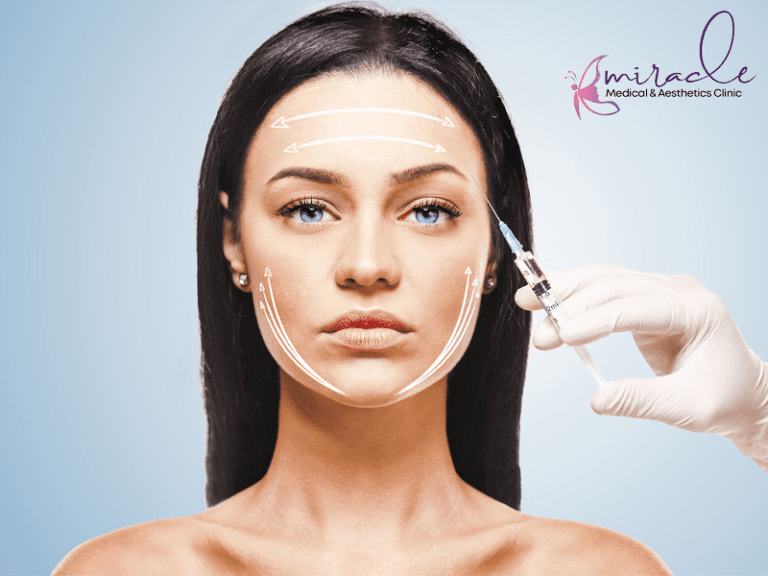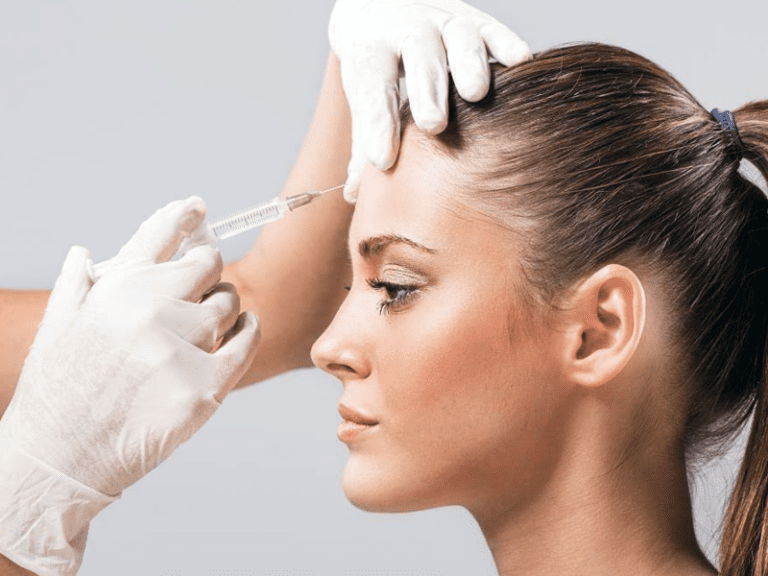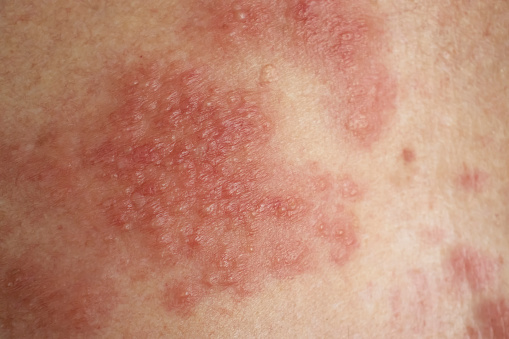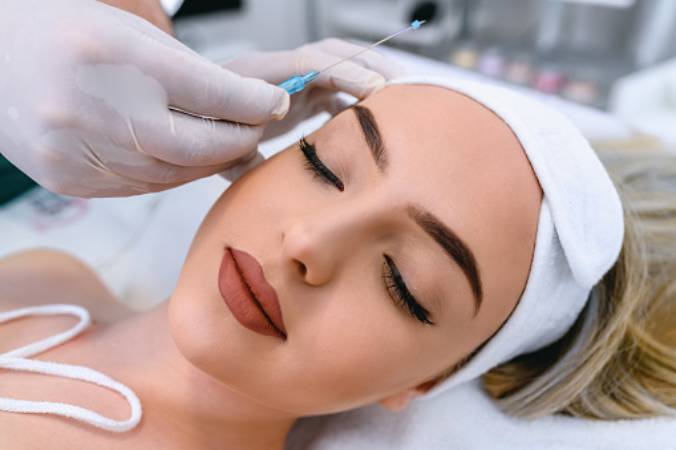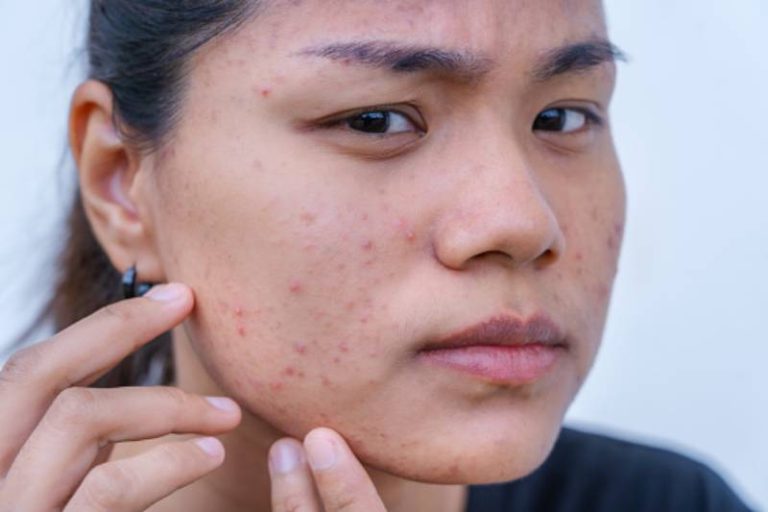What Causes Uneven Skin Tone?
Uneven skin tone, also known as hyperpigmentation, can be caused by a variety of factors including:
- Sun exposure: Exposure to UV rays from the sun can cause an increase in melanin production, which can lead to uneven skin tone.
- Hormonal changes: Hormonal changes during pregnancy, menopause, or due to certain medications can lead to hyperpigmentation.
- Inflammation: Inflammatory conditions like acne, eczema, and psoriasis can cause dark spots and uneven skin tone.
- Age: As we age, the production of melanin can become uneven, leading to age spots and uneven skin tone.
- Genetics: Some people are more prone to hyperpigmentation due to their genetic makeup.
- Trauma: Trauma to the skin, such as cuts or burns, can cause hyperpigmentation.
- Skin care products: Certain skin care products can cause irritation or inflammation, leading to hyperpigmentation.
- Ethnicity: People with darker skin tones are more prone to hyperpigmentation due to the increased production of melanin.
It’s important to consult a dermatologist if you are concerned about uneven skin tone, as they can help identify the underlying cause and recommend appropriate treatment.

Sun exposure
Sun exposure is a common cause of uneven skin tone, also known as hyperpigmentation. When your skin is exposed to the sun’s UV rays, it triggers the production of melanin, which is responsible for skin pigmentation. Over time, this can lead to an uneven distribution of melanin in the skin, causing dark spots, freckles, and other forms of hyperpigmentation.
To prevent sun-induced hyperpigmentation, it’s important to protect your skin from UV rays by:
- Wearing protective clothing, such as long-sleeved shirts and hats, when you’re out in the sun.
- Using sunscreen with an SPF of at least 30 and reapplying it every two hours.
- Seeking shade during peak sun hours, typically between 10 a.m. and 4 p.m.
- Avoiding tanning beds, which can also cause hyperpigmentation and increase the risk of skin cancer.
By taking these measures, you can protect your skin from sun damage and reduce the risk of developing uneven skin tone. If you already have hyperpigmentation, there are treatments available that can help reduce its appearance, including topical creams, chemical peels, and laser therapy.
Hormonal changes
Hormonal changes can also contribute to uneven skin tone or hyperpigmentation. Hormones such as estrogen and progesterone can stimulate the production of melanin, leading to dark patches or spots on the skin. This is particularly common during pregnancy, when there is a surge in hormone levels.
Other hormonal conditions, such as polycystic ovary syndrome (PCOS), can also lead to hyperpigmentation. PCOS can cause imbalances in hormone levels, which can trigger the production of excess melanin.
To treat hormonal-induced hyperpigmentation, it’s important to address the underlying hormonal imbalance. This may involve medication or other treatments to regulate hormone levels. In addition, using topical creams or undergoing skin treatments, such as chemical peels or laser therapy, can help to reduce the appearance of hyperpigmentation.
If you are experiencing hormonal changes and are concerned about hyperpigmentation, it’s important to speak with your healthcare provider or a dermatologist for personalized recommendations and treatment options.
Inflammation
Inflammation is another common cause of uneven skin tone or hyperpigmentation. When the skin becomes inflamed due to conditions such as acne, eczema, or psoriasis, it can trigger the production of excess melanin. This can lead to dark spots or patches on the skin that can be difficult to fade.
To treat hyperpigmentation caused by inflammation, it’s important to address the underlying inflammatory condition. This may involve using topical creams, taking oral medications, or undergoing light therapy to control inflammation. In addition, using topical treatments that contain ingredients such as vitamin C, niacinamide, or azelaic acid can help to fade dark spots and even out skin tone.
It’s important to note that aggressive treatments such as chemical peels or laser therapy should be used with caution on inflamed skin, as they can exacerbate inflammation and worsen hyperpigmentation. If you are experiencing inflamed skin and are concerned about hyperpigmentation, it’s important to speak with a dermatologist for personalized recommendations and treatment options.
Genetics
Genetics can also play a role in uneven skin tone or hyperpigmentation. Some people are genetically predisposed to producing more melanin than others, which can lead to darker patches or spots on the skin. This is particularly common in individuals with darker skin tones, who naturally have more melanin in their skin.
In addition, certain genetic conditions such as neurofibromatosis or Von Recklinghausen’s disease can cause hyperpigmentation. These conditions involve genetic mutations that can affect the production and distribution of melanin in the skin.
While it’s not possible to change your genetics, there are treatments available to help reduce the appearance of hyperpigmentation. This may include topical treatments, chemical peels, or laser therapy. It’s important to speak with a dermatologist to determine the best course of treatment for your specific skin type and concerns.
Ethnicity
Ethnicity can also be a factor that contributes to uneven skin tone or hyperpigmentation. Individuals with darker skin tones are more prone to hyperpigmentation due to the increased production of melanin in their skin. This can be triggered by a variety of factors such as sun exposure, hormonal changes, or inflammation.
Hyperpigmentation in individuals with darker skin tones can appear as dark patches, spots, or areas of discoloration. This can be particularly concerning because it may be more noticeable and harder to fade.
To prevent and treat hyperpigmentation in individuals with darker skin tones, it’s important to protect the skin from sun exposure using protective clothing and sunscreen, and to avoid harsh skin care products that may cause inflammation. Topical treatments that contain ingredients such as hydroquinone, retinoids, or kojic acid can also be effective in reducing the appearance of hyperpigmentation.
It’s important to note that treating hyperpigmentation in individuals with darker skin tones requires a delicate approach, as aggressive treatments can cause further damage or skin discoloration. It’s important to speak with a dermatologist who has experience working with darker skin tones to determine the best course of treatment.
- Keywords: Healthy Skincare
- miracleadmin
